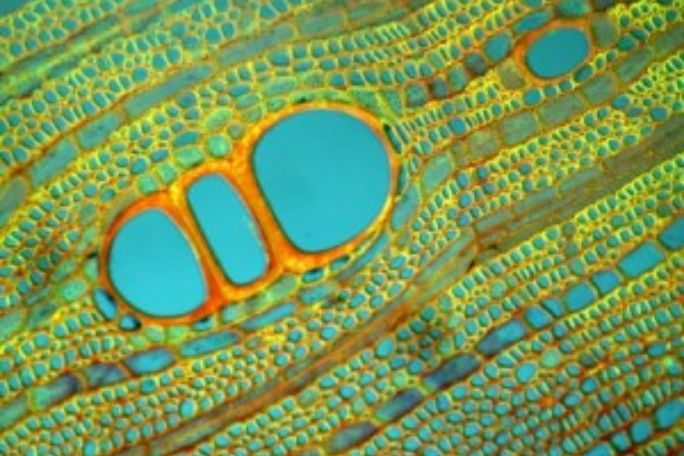Lesson Summary
This activity is designed to get children into nature whether it is in the backyard, a local bushland reserve or a wild space. Younger children will experience nature through all their senses. Older children will explore various natural environments to gain a deeper understanding of nature and their connections to it. They also learn respect and care for all living things as nature play assists children to understand the world around them.
This activity is designed to help connect children to the wonders of the natural world through sensory and play-based learning.
Activity Intention:
- This activity is designed to help connect children to the wonders of the natural world through sensory and play-based learning.
Lesson guides and printables
Lesson details
Curriculum Mapping
EYLF Learning Outcomes:
Learning Outcome 2: Children are connected with and contribute to their world
2.3 Children become aware of fairness
Learning Outcome 4: Children are confident and involved learners
4.1 Children develop dispositions for learning such as curiosity, cooperation, confidence, creativity, commitment, enthusiasm, persistence, imagination and reflexivity
4.2 Children develop a range of skills and processes such as problem solving, inquiry, experimentation, hypothesising, researching and investigating
Learning Outcome 3: Children have a strong sense of wellbeing
Additional Info
This is an original Cool.org lesson. Facts and figures in these lessons may have changed since this lesson was published. We always endeavour to update our resources in a timely manner, but if you see an error or issue in our resources please get in touch with us.


Welcome back!
Don't have an account yet?
Log in with:
By signing up to Cool.org you consent and agree to Cool's privacy policy to
store, manage and process your personal information. To read more, please see
our privacy policy here(Opens in new tab).
Create your free Cool.org account.
Many of our resources are free, with an option to upgrade to Cool+ for premium content.
Already have an account?
Sign up with:
By signing up to Cool.org you consent and agree to Cool's privacy policy to
store, manage and process your personal information. To read more, please see
our privacy policy here(Opens in new tab).